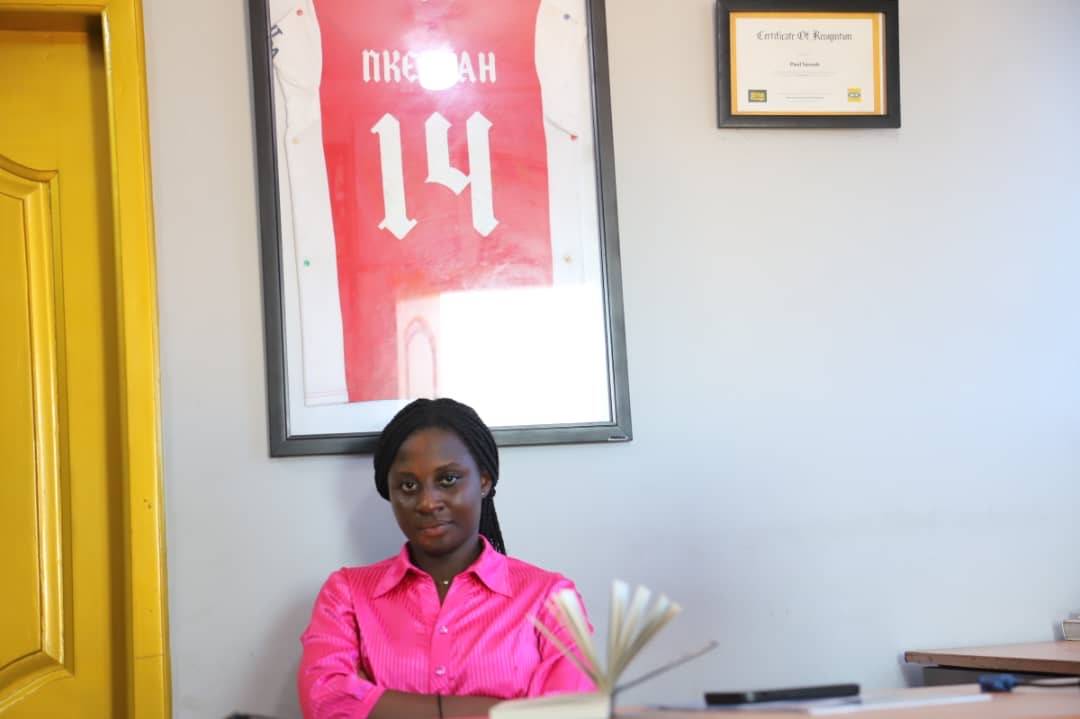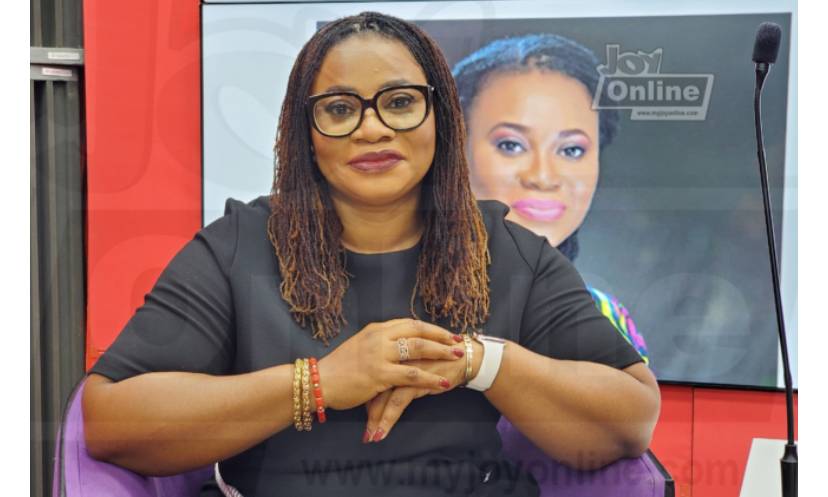Charlotte Osei Calls for Amendments to Ghana’s Asset Declaration Regime
Former Electoral Commission Chairperson Charlotte Osei has voiced a strong call for sweeping changes to Ghana’s asset declaration framework. Her comments emerged at an event in response to a startling report published by the Ghana Center for Democratic Development (CDD-Ghana), which exposed the massive financial burden involved in securing electoral victories. The report estimates that winning both presidential and parliamentary elections now demands a staggering investment of roughly $150 million along with an extra GHS 10 million, highlighting how the soaring costs are reshaping the electoral landscape.
Osei, who also sits on the Constitutional Review Committee, stressed that the current asset declaration system is critically flawed in its ability to address pervasive corruption and the mounting influence of money in politics. She argued that transparency in public office is paramount, and the comprehensive disclosure of assets is a vital tool for ensuring accountability among state leaders and high-ranking officials. According to Osei, the existing regulation should extend to cover not just political office holders but also include top executives of state-owned enterprises and those managing entities with significant government interests. This broad application, she maintains, would reinforce the integrity of the political system and reinforce public trust.
The push for reform comes at a time when the process of election financing in Ghana appears increasingly monetized, turning the democratic contest into a high-cost affair. The CDD-Ghana report warns that such trends enable deeper entrenchment of corruption and compromise the effectiveness of checks and balances within government institutions. Osei underscored her belief that a well-designed and rigorously enforced asset declaration system would serve as a cornerstone in the battle against corruption. During her address, she questioned why some high-level appointees in state-related entities are not held to the same stringent standards of asset disclosure as elected officials, suggesting that without robust oversight, the system risks further decline in transparency.
Her remarks also hinted at a broader need for constitutional and legislative reforms that would not only simplify asset verification upon assumption of office but also enhance the mechanisms for monitoring and accountability throughout a public official’s term. Osei’s call for amendments underscores a wider concern that unless reforms are implemented, the erosion of public trust in Ghana’s democratic institutions will likely continue. These proposed adjustments, she believes, could help recalibrate the balance between public office and personal accountability, thereby ensuring that money does not unduly influence political processes or undermine democratic governance in Ghana.


